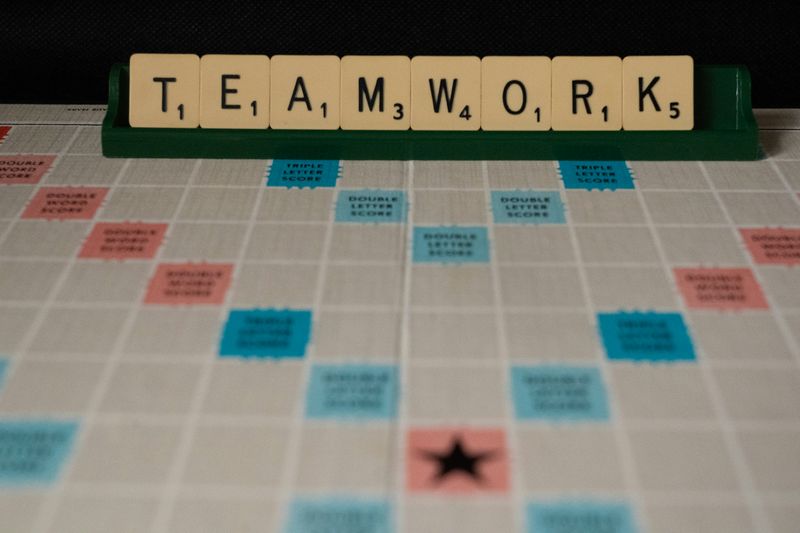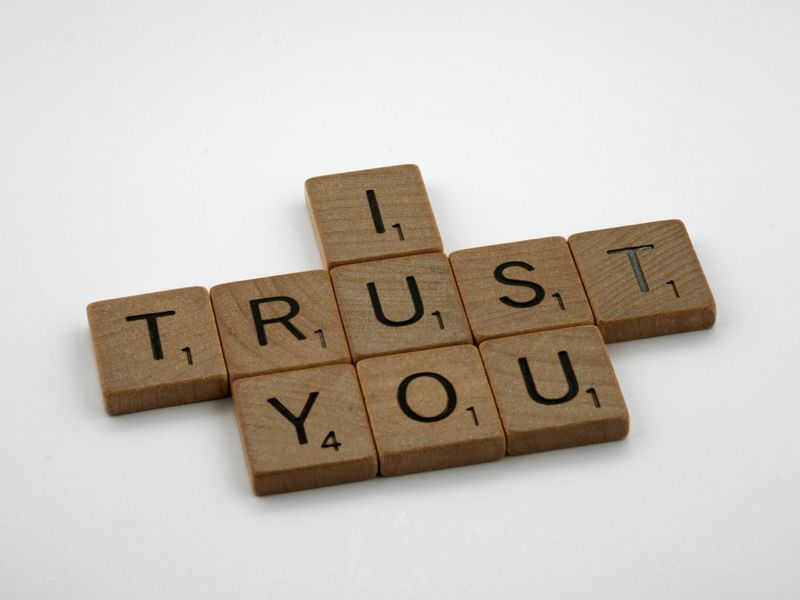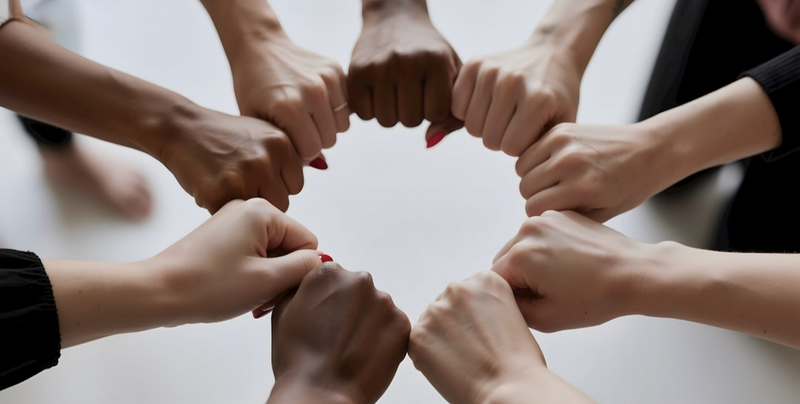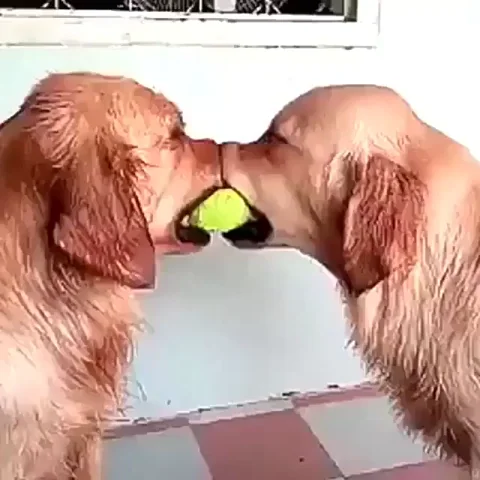 Photo by Nick Fewings on Unsplash
Photo by Nick Fewings on UnsplashConsider the Word "Teamwork"
What emotions come up?
Do you feel excited, curious, or overwhelmed?
Teamwork is essential in school and in many careers. Appreciating it may not come easy. Yet, we can learn key strategies that turn our frustration into appreciation. These strategies have given me new perspectives and approaches that make teamwork more rewarding and enjoyable.
What Makes Teams Work
 Photo by Brett Jordan on Unsplash
Photo by Brett Jordan on UnsplashThe author of Start with Why, Simon Sinek, has shaped how I view teamwork. Simon shares it's not the strongest, smartest, or most skilled who are the best teammates. What truly matters is trust. Knowing you'll show up for your teammates and your teammates will have your back.
When working on a new team, I can take on too many tasks. When I trust my team, I recognize their skillsets. I know how the parts of our project will work together. We trust each other to follow through.
Why Teams & Collaboration Matter
I am a Learning Experience Designer. I regularly work in small teams. I've learned to appreciate teamwork as it brings:
Creativity and variety to my work
Opportunities for growth and learning
More impactful projects than I could create on my own
 Watch: Collaboration is a Key Skill for New Hires
Watch: Collaboration is a Key Skill for New Hires
Watch this 2:31 min video to hear insights from Apple CEO, Tim Cook about people who are great collaborators. They're people who are excited about their ideas and see the value in sharing these ideas to take them to the next step. This collaboration is where the "magic" happens.
Quiz
Your team is struggling to complete a project. Everyone does their own tasks well. Yet, the work breaks down when you try to bring their pieces together. What's likely missing?
Appreciate & Navigate the Stages of Teamwork
Misunderstandings regarding how teams work can lead to frustration and conflict. Understanding the stages of team development can help resolve these issues.
Forming 🌱: the team is excited and full of questions as they focus on goals and directions.
Storming⚡: the team may be frustrated about directions and constraints. Apply conflict management strategies.
Norming 🤝: teams find their footing and have greater acceptance of diverse ideas.
Performing 🚀: the team is now able to make significant progress towards their goals.
 Optional: Learn More
Optional: Learn More
Review Using the Stages of Team Development by Judith Stein, MIT Human Resources.

Quiz
Your team is confused about each of their roles. Which stage are you likely in?
Be Ready When Things Go Wrong
When you value teamwork and collaboration, you also know what to do when things go wrong. If you're facing a conflict, remember the IDEAL model. In my work, I use this model to breathe, take a step back, deepen my understanding of what's going on, and find a way forward that we can all support.
Identify the root cause and everyone's emotions
Determine realistic alternatives to solve the problem.
Evaluate each solution based on agreed-upon criteria.
Act on the best solution.
Learn and reflect on your conflict and conflict resolution experience.

Quiz
You're working as a team and no one agrees on the next step. What should you do? Select all that apply:
Take Action
 Strengthen your appreciation for teamwork and collaboration today!
Strengthen your appreciation for teamwork and collaboration today!
Your feedback matters to us.
This Byte helped me better understand the topic.
